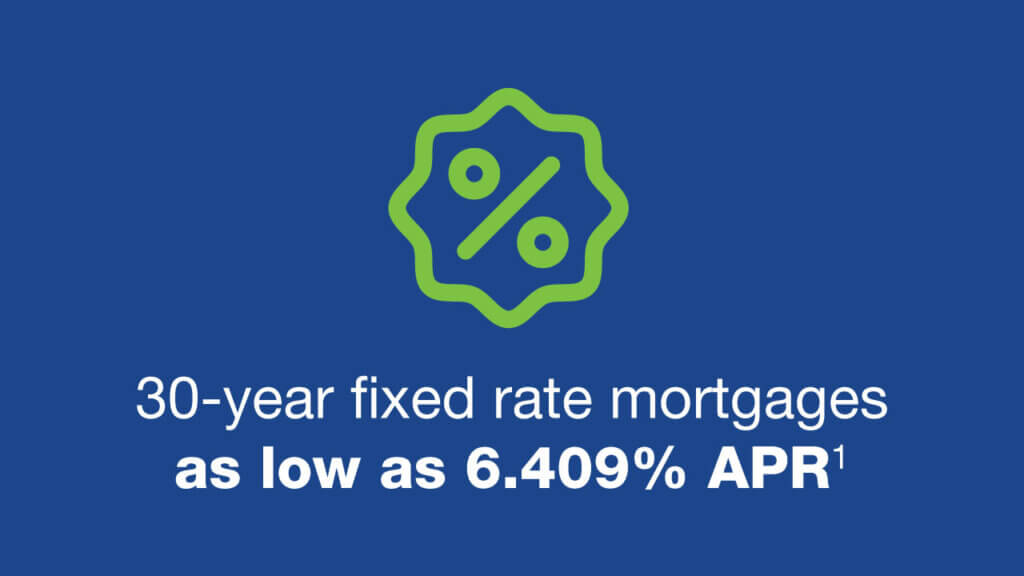Get a clearer snapshot of your loan and explore what’s possible with our handy mortgage payment calculator. Over time, as markets change grow, interest rates will vary. You may have an opportunity to save over the life of the loan. Estimate your monthly mortgage payment below to find out.
This is just one of several free online mortgage calculators we offer about various home loan related scenarios. Questions? Contact us and a lending professional will follow back up with you.




